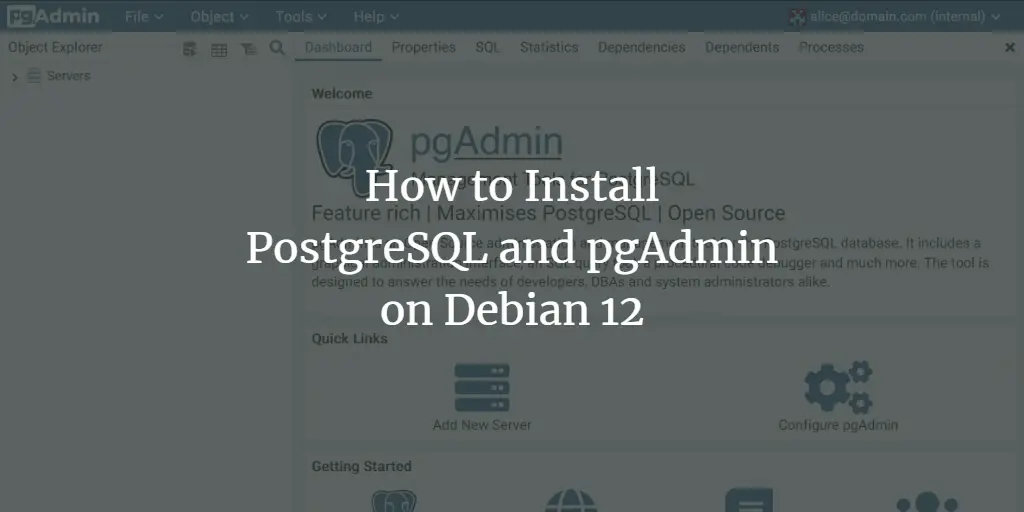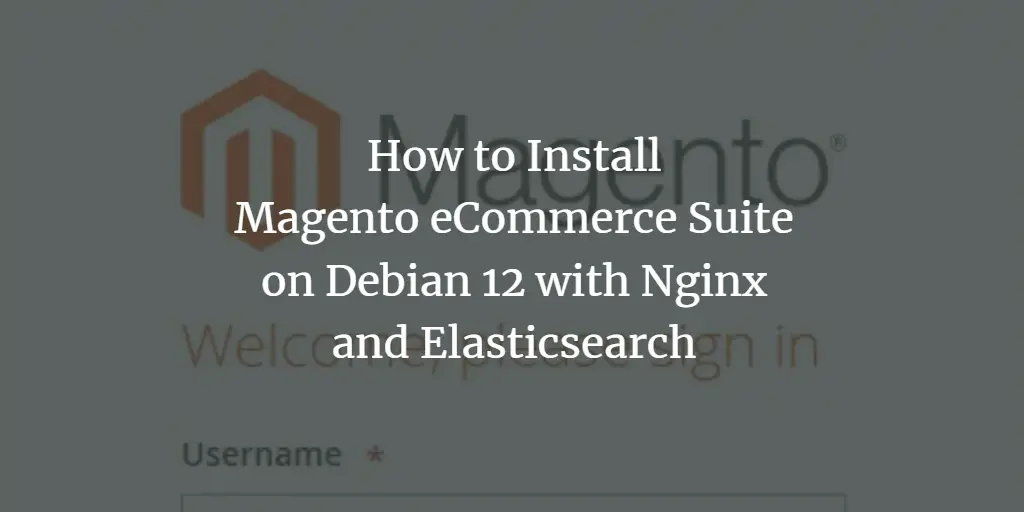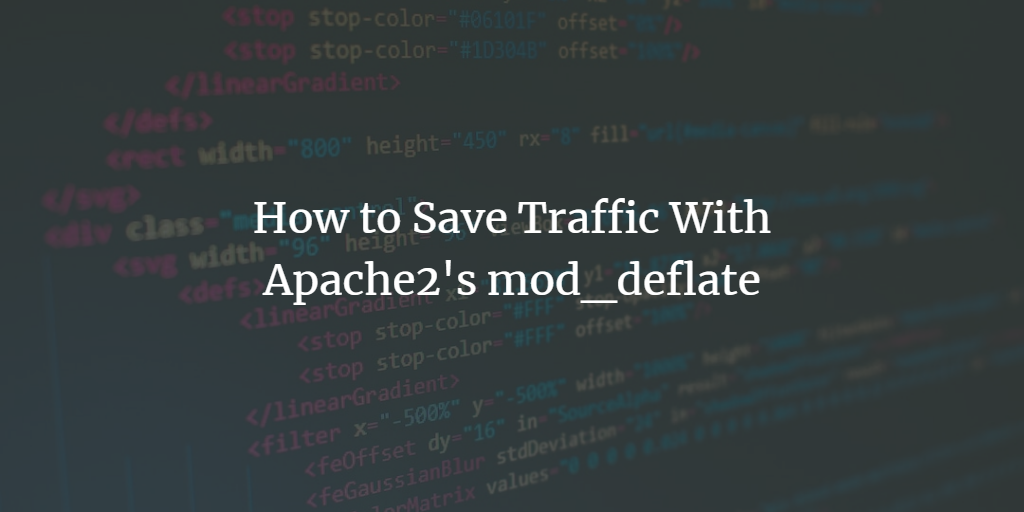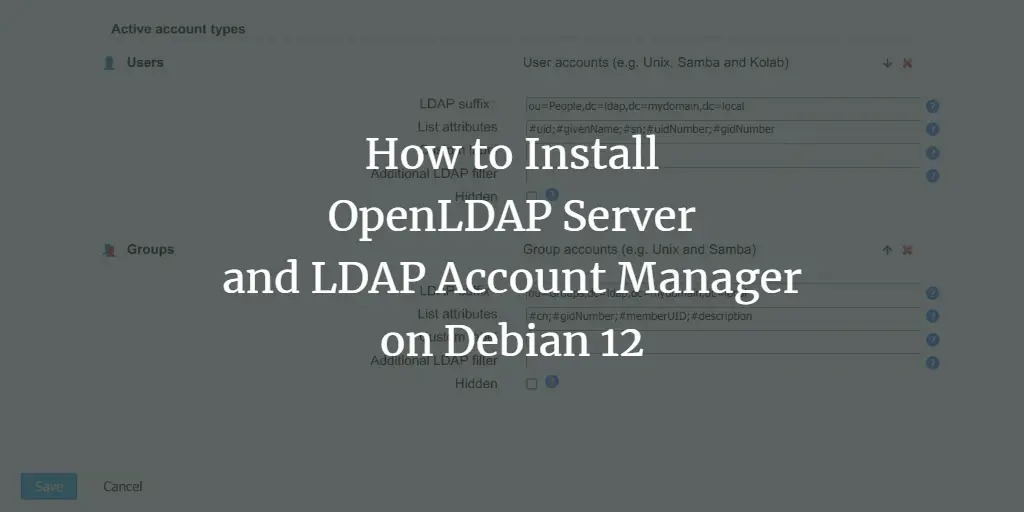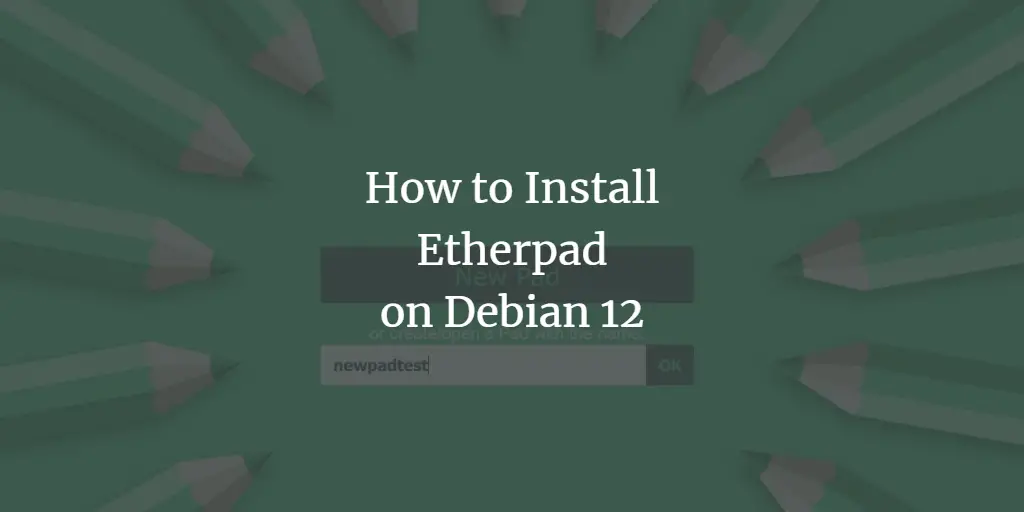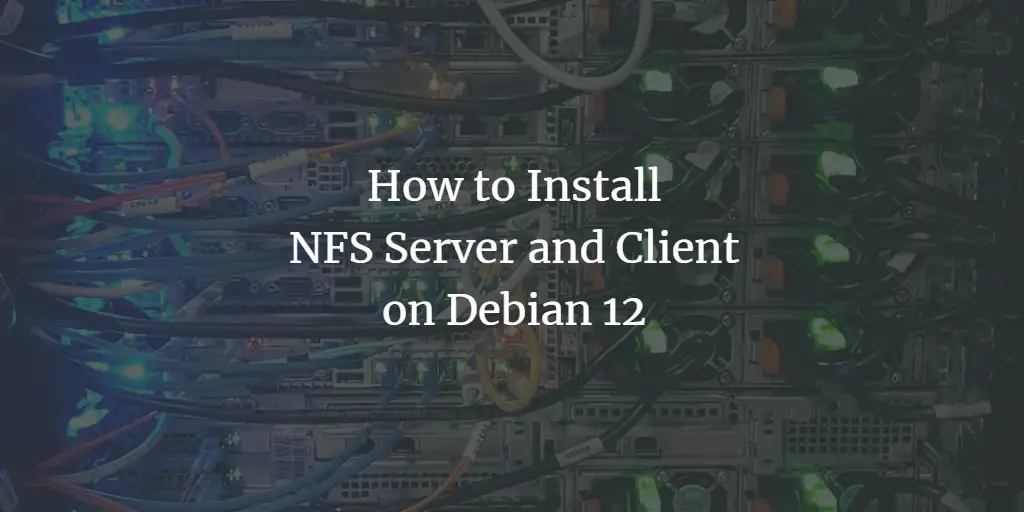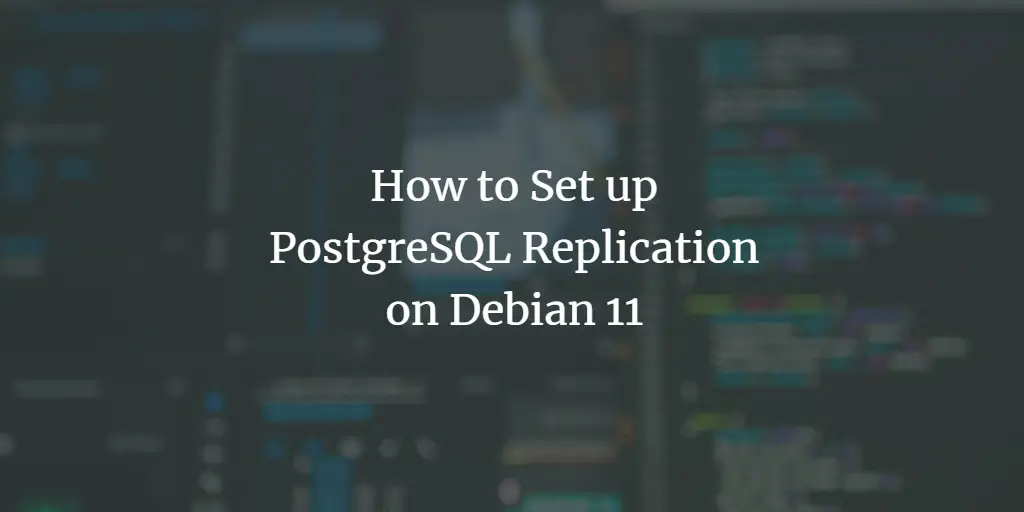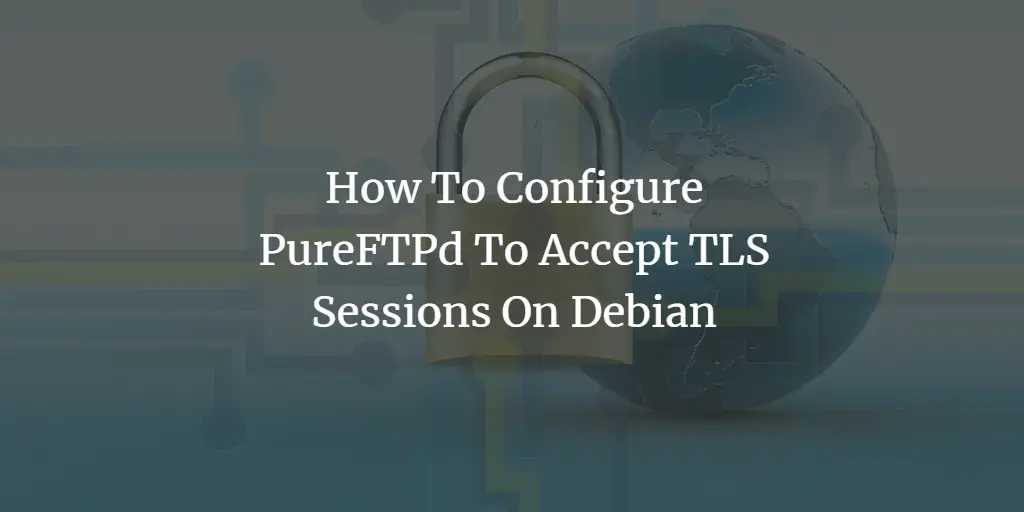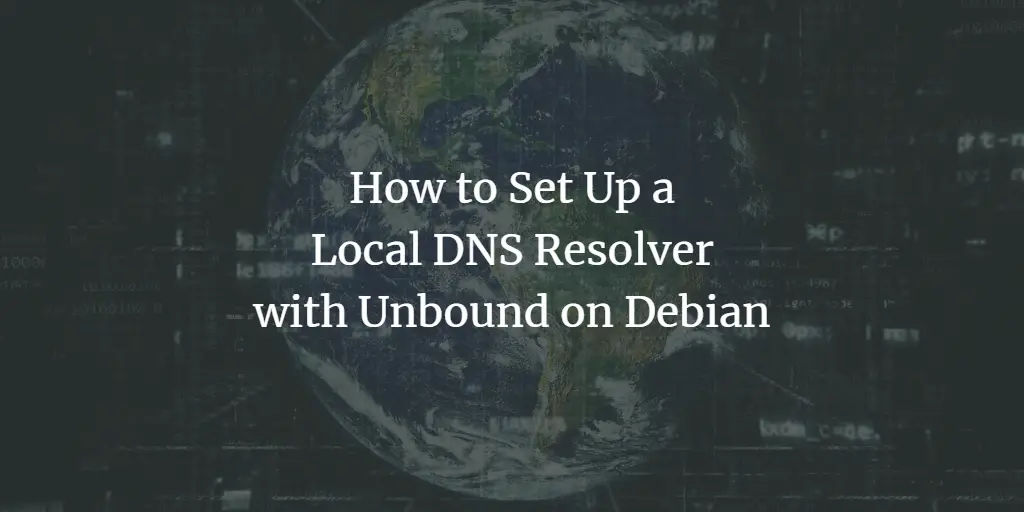Linux Tutorials on the topic “debian”
-
How to Install PostgreSQL and pgAdmin Tool on Debian 12
Author: Arvid L • Tags: debian, linux • Comments: 0PostgreSQL is an advanced and enterprise-class RDBMS (Relational Database Management System) that supports both SQL (relational) and JSON (non-relational) querying.
-
How to Install Magento eCommerce Suite on Debian 12 with Nginx and Elasticsearch
Author: Navjot Singh • Tags: debian, linux, web server • Comments: 0Magento is an open-source e-commerce platform written in PHP. In this tutorial, we will install the Magento open-source community edition. We will also install Elasticsearch for searching through the product catalog, Redis for the session and file cache, and serve it using the Nginx server.
-
How To Save Traffic With Apache2's mod_deflate
Author: Falko Timme • Tags: apache, debian, linux, ubuntu, web server • Comments: 12How To Save Traffic With Apache2's mod_deflate. In this tutorial I will describe how to install and configure mod_deflate on an Apache2 web server. mod_deflate allows Apache2 to compress files and deliver them to clients (e.g. browsers) that can handle compressed content which most modern browsers do. With mod_deflate, you can compress HTML, text or XML files to approx. 20 - 30% of their original sizes, thus saving you server traffic and making your modem users happier.
-
-
How to Install OpenLDAP Server and LDAP Account Manager on Debian 12
Author: Arvid L • Tags: debian, linux, server • Comments: 0OpenLDAP is a software implementation of the Lightweight Directory Access Protocol (LDAP). This article will guide you through installing the OpenLDAP server on Debian 12 step-by-step. You will also install the LDAP Account Manager or LAM, a PHP web application that can be used to manage the OpenLDAP server.
-
How to Install Etherpad on Debian 12
Author: Arvid L • Tags: debian, linux • Comments: 0Etherpad is a collaborative and real-time text editor for your team. It's accessible from anywhere, anytime, because Etherpad is a web-based text editor.
-
How to Install NFS Server and Client on Debian 12
Author: Arvid L • Tags: debian, linux, server • Comments: 0NFS or Network File System is a network protocol that allows you to mount a remote file system over the network. In this guide, I will show you how to install an NFS server and client on Debian 12.
-
How to Set up PostgreSQL Replication on Debian 11
Author: Arvid L • Tags: debian, linux, server • Comments: 0PostgreSQL is an advanced and enterprise-class RDBMS (Relational Database Management System) that supports both SQL (relational) and JSON (non-relational) querying. In this tutorial, I will install and set up the Logical Replication of the PostgreSQL database server via pglogical2 on two Debian 11 servers.
-
How To Configure PureFTPd To Accept TLS Sessions On Debian
Author: Falko Timme • Tags: debian, ftp, security • Comments: 5How To Configure PureFTPd To Accept TLS Sessions On Debian Linux. FTP is a very insecure protocol because all passwords and all data are transferred in clear text. By using TLS, the whole communication can be encrypted, thus making FTP much more secure. This article explains how to configure PureFTPd to accept TLS sessions on a Debian server.
-
How to Set Up a Local DNS Resolver with Unbound on Debian
Author: Arvid L • Tags: debian, linux • Comments: 0Unbound is free and open-source DNS server software that can be used for validating, recursive, and caching DNS resolvers. In this guide, you will learn how to set up Private DNS Server with Unbound on a Debian 11 and Debian 12 server.
-
How to Set up a Bastion Server with Warpgate on Debian
Author: Arvid L • Tags: debian, linux, security, server • Comments: 0A Bastion Server refers to a computer/machine/server that is designed and configured specifically to withstand attacks on computer networks. The functionality of the Bastion Server is similar to a proxy or load balancer for applications. It allows you to access computers or servers that are located in DMZ networks. In this tutorial, you will set up a Bastion server for SSH and MySQL/MariaDB connections on a Debian 11 server using Warpgate.

